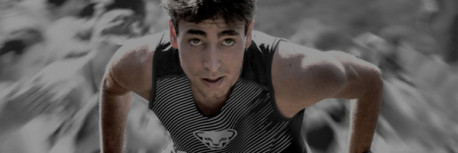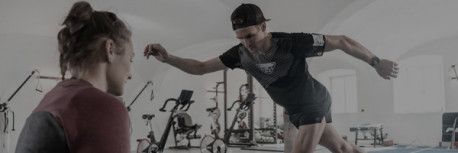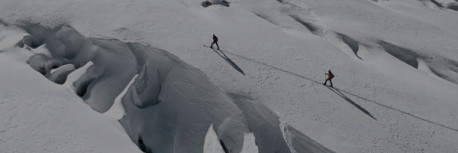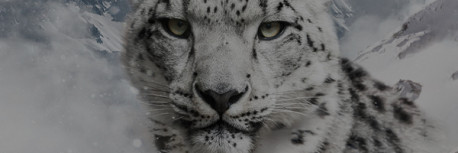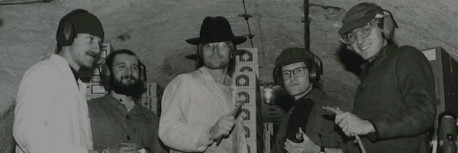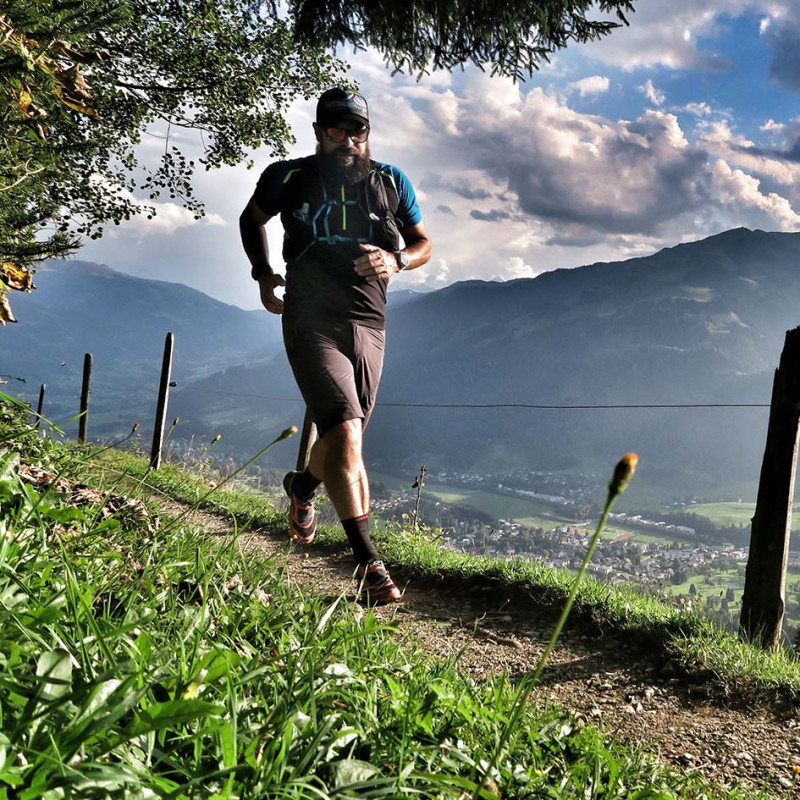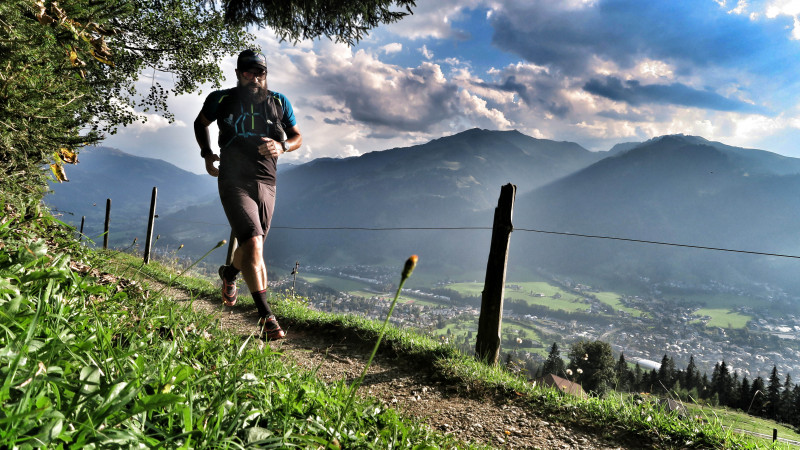Base training ultramarathon – run slow not fast!
“Run, run and run some more.” An ultramarathon doesn’t just start when you stand at the starting line, but many months before that – at least three, and really five is even better. It depends on the distance of your planned ultra. The be-all-end-all in ultrarunning is the base training, and it demands a ton of discipline and lots of diligence and consistency. Because it means that you run a lot but you stay at a low heart rate, i.e. in what is called the aerobic base training zone. That sits somewhere between 60% and 75% of your maximum and for most people feels too slow. And precisely is what makes it so difficult because indeed distances should not be too short. To this end, on the schedule will be runs of several hours at a low heart rate. When you are climbing a hill, the pace then slows quickly to a walk in order to control the pulse. You just have to bite the bullet and get through it! Because only those who really struggle through this will be able to reap the bounties.
The mind controls the body and variety prevents boredom.
In fact, I find that exactly this kind of training has its attraction because you are also training something else in the process – your mind. That’s because your head plays a huge role in ultrarunning. During the long base training runs, you have the chance to consider the in’s and out’s of the race a little bit. Ponder strategy, and what to do when you hit a low point. You do of course have a good amount of time to think a lot. To make these long runs more entertaining, try to vary your route as much as possible, for example if possible never do one trail two times. I happily take advantage of these base training runs to discover near trails and areas. And that transforms an ultrarun into a small adventure, which I can look forward to the evening before.
BUT, during preparation, I don’t only head out on runs. When you are – like me – not the lightest guy around, you have to look after your joints and protect them as much as possible. The bike helps me out in that or, these days, even better is an E-Bike. I can also do base training with it, and it offers variety and thus also protects too my musculoskeletal system. The E-Bike too offers the ideal opportunity to train in the correct heart rate zone. Alternatively, I head out on traditional hikes. But, note, the key workouts should be running. For example, a faster workout that I work into my training at least once a week.
Intervals round out base training
Six to eight weeks before a race, I scatter two interval workouts into my weekly training. All together, I shoot for five workouts a week – one long run on the weekend of four to eight hours, one or two faster runs, and two to three base training runs. The total workload this is about 15 hours – it’s hard to say in kilometers because there is a whole lot of climbing on every run.
And what else? No strength training, no balance training, no technique training? Yes and no. During the summer, I pretty much don’t do specific balance training because you train balance when running on the trail. In fact, every muscle group that I need during an ultra. It’s very different from a road run because on the trail your body is always actively moving. Same thing goes for strength training – going up I do more squats as during any special strength training. But if, for example, you deal with back pain or something, then you should of course still do some workouts for muscle-specific training.
Running ABC: Technique training for runners
Once a week I try during training to integrate running ABC drills to loosen up. I normally mix that up into a warmup. So all the same drills – e.g. high-knee, butt-kickers, skipping – can be added well to the start of a long run on the weekend. Running ABC is technique training for runners that is also called running school. It “schools” running style and thus can help prevent injuries. It not only is fun, but also has its rewards.
Insider tip: detox soaks
Not to be neglected is recovery. Detox soaks work wonders for me, and rest days are really key to hold to – no more than an active rest is key on these days. The ideal combination is a relaxed sunday with the family and a soak in the evening, then I’m all set to go again for a new week.
How I became an ultrarunner
Of course, I wasn’t always an ultrarunner. I really was quite the opposite. When it came to running I couldn’t be bothered, and 12 years ago I didn’t even know what an ultra was. I only know there were these crazy people who ran marathons. I was always in the mountains before, but hiking or on a bike. I first started running due to a lack of time and a bit of a weight problem, and because of my passion for the mountains I started with trail running. I only took part in races to help motivate me to train. First a 10k then a road half-marathon, but then I was quickly drawn to the trails and then more quickly after that to longer distances like 40k or more – i.e. to ultras. Why? That’s a simple answer: Short runs were too stressful and fast for me. In an ultra, you have more time to enjoy the running.
I am the hero of my own story.
Enjoy it? Yeah, you heard right. For me, it is a total pleasure to run so far and long. Naturally, it’s not always so fun. You have to be honest, too. But that is also exactly the attraction of ultrarunning. For one, comes the question if I can manage it physically. But even more than that, the battle with my own head in ultras is what I like. The emotions you experience along the way are in part like a roller coaster. One minute you’re in the best spirits, and the next you’re cursing yourself and the moment you signed up for the event. A short time later, you’re again a hero in your own story. It is a battle with yourself that for me makes an ultra what it is. Wrestling with your own inner beast, and the unbelievable feeling to stand at the finish a winner. Not a winner over everybody else. To me, placing is not important at all. Instead, it is about the victory over yourself.
Even if it sounds a little funny, but for me a road marathon is unthinkable. I’d much rather do the 107k on the KAT Walk, a long-distance hike through the Kutzbühel Alps, which had been my longest distance. The trail is simply more diverse and interesting than the road. I get it that there is a certain attraction to running urban canyons in a big city – but not for me. The freedom that you feel on the mountain is just so special. Not only in training, but also in a race, participants are often alone for quite awhile. That creates a powerful experience and makes you strive again and again for the next adventure.


